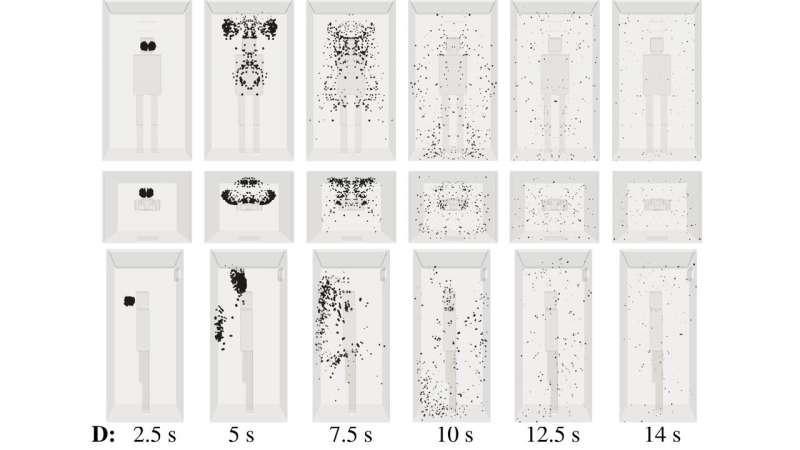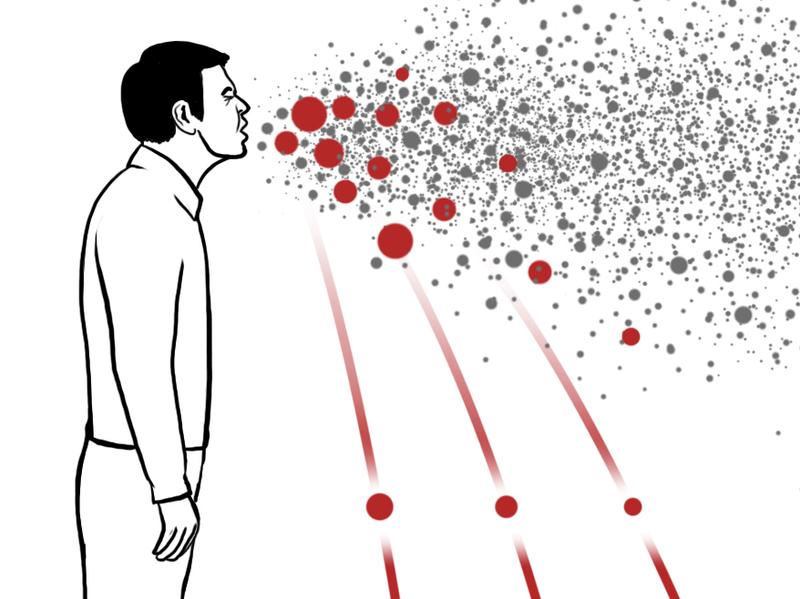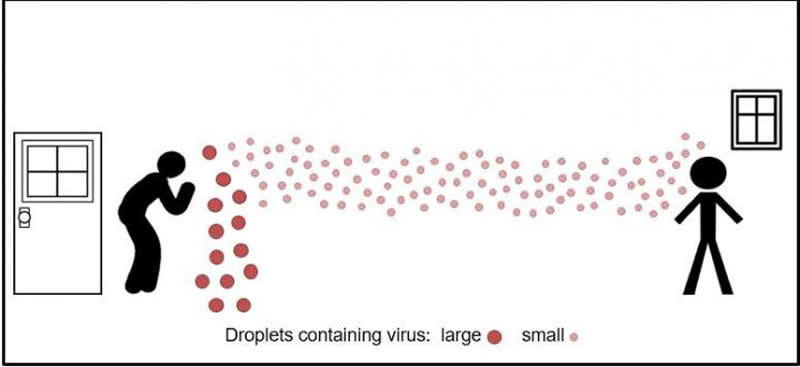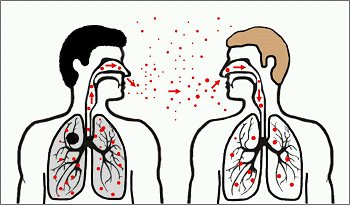Remember the days when you didn’t have to worry about airborne viruses? They have always been in our lives, getting us sick every once in a while, but looking back at those common colds and flus, we were very reckless as far as what we would do to mitigate the risk of transmission.

That has changed since the coronavirus pandemic has made us all question how we can stop the spread of airborne viruses. Many different strategies have been used or considered as businesses have shut down and people have been self-isolating away from other people. The debate over just how contagious this particular virus is seems to continue.
Among the silver bullets people have hoped would help combat the coronavirus, one of them has been air purifiers. Some people and businesses have considered installing high grade air purifiers throughout buildings, however, a new study suggests that air purifiers could actually help spread airborne viruses when used in small spaces.
In the journal “Physics and Fluids,” it has been discovered by researchers from University of Nicosia in Cyprus that air purifiers may hurt more than they help when it comes to airborne viruses. That is, of course, depending on where the air inlets and outlets are positioned in closely confined spaces like elevators or small rooms, although in a small room, the position of the inlet and outlet will have reasonably similar effects.

If there is no ventilation, air quality degrades very quickly, so you would think that adding some kind of ventilation would solve that problem, however, ventilation in a small room can cause the air to circulate in small spaces, which means more viruses could easily spread. There are air purifiers that elevator companies have added which can help the simple problem of stagnant air, but those purifiers weren’t designed with airborne disease transmission in mind.
Air purifiers are actually very beneficial and smart in that they use ultraviolet radiation to kill any airborne toxins. The problem is that they circulate air once the purified air is blown out of the device. Despite the device purifying the air, more air molecules are being pushed and circulated around the enclosed space regardless.

When it comes to transmission of a virus, studies have shown that a single cough can blast saliva droplets 18 feet in the air within five seconds. This made scientists want to investigate how weather, air flow, and masks affect transmission. Author Dimitris Drikakis said, "We quantified the effect of air circulation on airborne virus transmission and showed that installing an air purifier inside an elevator alters the air circulation significantly but does not eliminate airborne transmission.”
Researchers hope that these studies can help shape policies on elevators and building enclosed spaces. Author Talib Dbouk said, "Regulatory authorities should thus define the minimum ventilation required depending on the type of building."The upside to the study is that it focused on the air intake and exhaust, not the virus-killing mechanism inside. Drikakis said, "Our results show that installing an air purifier may increase the droplet spread. The air intake integrated inside the purifier equipment induces flow circulation that can add to the transport of contaminated saliva droplets in the cabin."

Luckily there is a simple solution. Experts say that the number of people allowed in an elevator should be decreased. Next time you see the elevator is full, go ahead and take the stairs. Unless the stairs are full too. In that case, just call in sick!